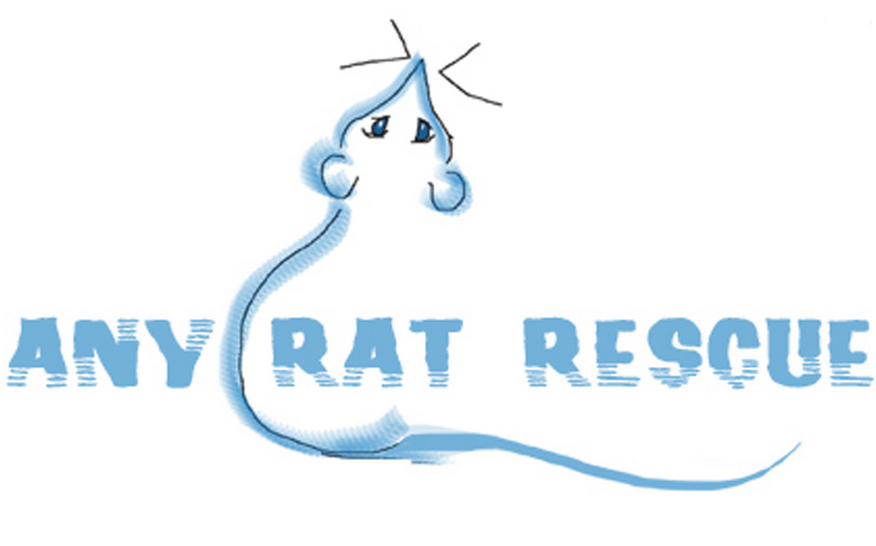Many people still believe animal rescues are full of “rejects” due to health or behavioral problems. However, nothing could be further from the truth. A vast majority of rats are surrendered due to poor planning and decision-making on the part of the people who are entrusted with their lives.
In spite of the relatively short commitment (a domestic rat’s life span averages 2-3 years), the small amount of space rats need (no backyard required), and low maintenance costs, we still continue to see a steady flow of unwanted pets for many reasons, some of which include but aren’t limited to:
- Moving
- Too many pets
- Kids got bored, stopped taking care of them
- Accidental pregnancy; rat obtained from pet store/breeder/Craigslist and didn’t know she was pregnant; didn’t know rats were a boy and girl (we’ve actually heard that one!)
- Found as a stray in a park or backyard
- Roommate or family member moved out and abandoned them
- Alleged or perceived allergies, which are actually rare. Many people are actually allergic to the mites on their rats but are unaware it is a simple fix.
- Dog barks at them too much.
- Can’t afford them anymore.
- Don’t have time for them anymore.
- Parent, spouse, etc. doesn’t want the rat because it nipped once or chewed a favorite blanket; threatened to dump the rat outside.
- Snake wouldn’t eat it.
- Removed rat from a snake tank at a friend’s or party.
- Purchased rat to “save” it after seeing somehow attempt to buy it for snake food.
- Abandoned at pet store, even if not purchased there.
- Scheduled to be euthanized at a larger pet shelter.
- Debilitating, long-term illness making physical requirements of animal care difficult.
- Admission to a nursing home where pets aren’t allowed.
- Can’t afford vet care.
A majority of rats turned into the rescue are young and healthy. Some have sneezes and parasite issues, but the owners are completely unaware of these minor symptoms. Over 95% of rats are cleared of these conditions through our quarantine process.
Only occasionally, do we get calls regarding rats that bite. A majority of the time it is either a young male going through puberty who can be calmed by a neuter, or simple training in more respectful handling that cures the issue. You’d be surprised at how many times we get rats who have an alleged history of biting and we never witness such behavior.
As the rescue Director, I would like you to know that one of the real pleasures of rat rescue is how easy it is to rehabilitate a rat! Rescue work involves a lot of disappointment and heartache on many levels. Yet witnessing the unique qualities of each individual rat blossom in foster care keeps us going. Rats, like most animals, are quick to leave the past behind, ready to enjoy new experiences, forge new relationships (with humans and other pets), and create unique bonds with each individual in their household. They respond well to medical care and are always amazing and inspiring us with their will to survive. Just ask one of our wonderful foster homes!

